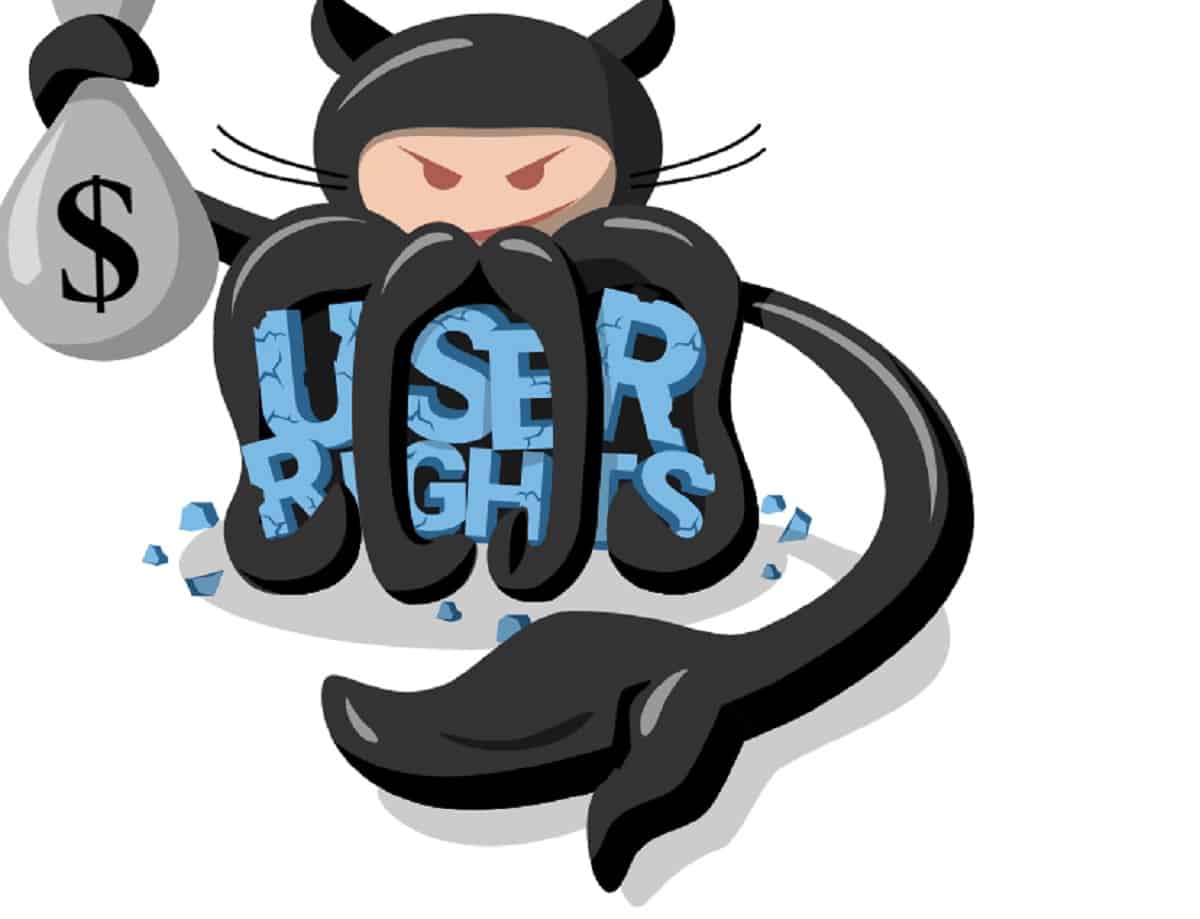
The Freedom Conservancy Software (SFC), which provides legal protection for free projects and advocates for compliance with the GPL license, announced that it will stop all use of the code collaboration platform GitHub and urged developers of other open source projects to follow suit.
The organization has also launched an initiative destined to ease the migration of GitHub projects to more open alternatives like CodeBerg (powered by Gitea) and SourceHut or implement your own development services based on open platforms like Gitea or GitLab Community Edition on your servers.
The SFC was inspired by the reluctance of GitHub and Microsoft to understand the ethical and legal complexities of using free software source code as the basis for building a machine learning model in the GitHub Copilot commercial service.
The representatives of SFC tried to find out if the learning model automatic created is copyrighted and, if so, who owns these rights and how they relate to the rights to the code on which the model is built.
It is also not clear whether a block code generated in GitHub Copilot and which repeats the code of the projects used to build the model can be considered a derivative work, and whether the inclusion of such blocks in proprietary software can be considered a violation of copyleft licenses.
Representatives from Microsoft and GitHub were asked what legal rules formed the basis for the GitHub director's statements that training a machine learning model on publicly available data is in the fair use category and rendering code on GitHub Copilot can interpreted by analogy with the use of a compiler. Additionally, Microsoft was asked to provide a list of licenses and a list of repositories used to train the model.
A question was also asked about how the statement of that it is allowed to train a model in any code regardless of the licenses used with the fact that only open source code was used to train GitHub Copilot and the training does not cover code from closed repositories and company proprietary products such as Windows and MS Office. If training a model on any code is fair use, why does Microsoft value its intellectual property over that of open source developers?
Microsoft has been noncommittal and has not provided legal analysis to support the legitimacy of its fair use claims.
Attempts to obtain the necessary information have been made since July of last year. Microsoft and GitHub representatives initially promised to respond soon, but never did.
Six months later, a public discussion about potential legal and ethical issues in machine learning systems began, but Microsoft representatives ignored the invitation to participate.
Finally, a year later, Microsoft representatives directly refused to discuss this issue, explaining that the discussion was pointless as it was unlikely to change the SFC's position.
In addition to complaints related to the GitHub Copilot project, the following GitHub issues were also reported:
GitHub has been contracted to provide commercial services to the US Immigration and Customs Enforcement (ICE), whose activities are considered unethical by activists, for example, due to the practice of separating to the children of their parents after the arrest of illegal immigrants. Attempts to discuss the issue of cooperation between GitHub and ICE were met with a dismissive and hypocritical attitude towards the subject.
GitHub assures the community of its open source support, but the site and the entire GitHub service are proprietary and the code base is closed and not available for analysis. Although the Git Toolkit was designed to replace the proprietary BitKeeper and move away from centralization in favor of a distributed development model, GitHub, through the provision of Git-specific plugins, links developers to a centralized proprietary site controlled by Git. a single trading company.GitHub executives criticize copyleft and the GPL and campaign for permissive licenses. GitHub is owned by Microsoft, which has previously been shown to be attacking open source software and cracking down on the copyleft licensing model.
Additionally, it is noted that the SFC organization has suspended the acceptance of new projects that do not plan to migrate from GitHub. Projects that are already part of SFC are not required to leave GitHub, but the organization stands ready to provide them with all necessary resources and support if they intend to switch to another platform.
In addition to advocacy, the SFC organization is engaged in the accumulation of sponsorship funds and the provision of legal protection for free projects, undertaking the functions of collecting donations and managing project assets, which frees developers from personal liability in litigation case.
SFC compatible projects include Git, CoreBoot, Wine, Samba, OpenWrt, QEMU, Mercurial, BusyBox, Inkscape, and about a dozen other free projects.
Finally if you are interested in knowing more about it, you can check the details In the following link.